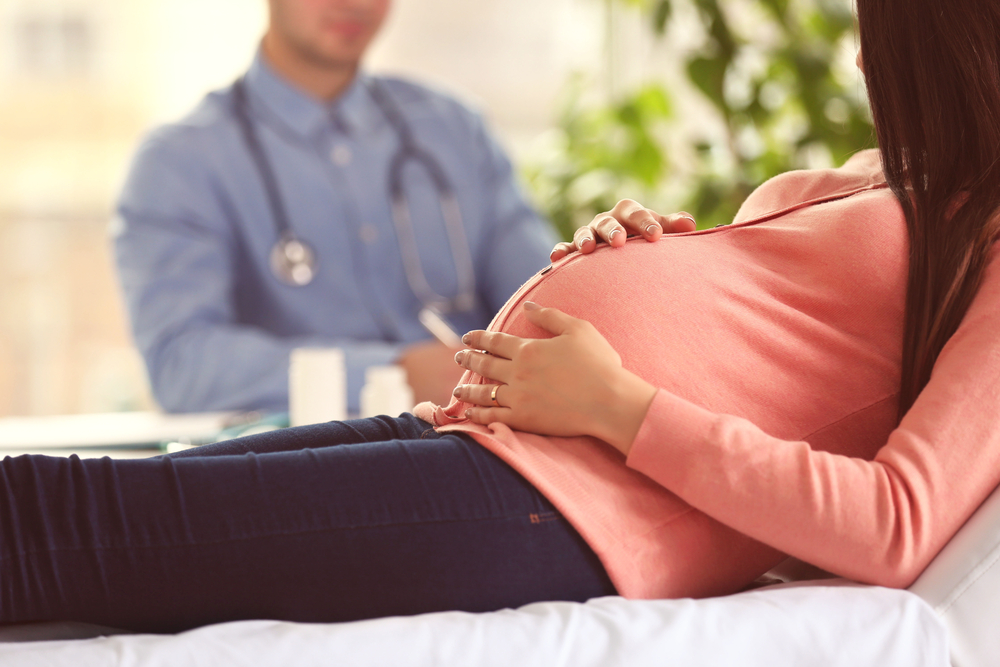Most SMA Moms Reported Positive Experiences During Pregnancy and Delivery, Study Reports
Written by |

Researchers conducted a questionnaire-based study to learn more about pregnancy and delivery in women with spinal muscular atrophy (SMA), knowing this information will be useful to doctors who want to provide the best counseling to their SMA patients considering motherhood.
The study, “Pregnancy And Delivery In Women With Spinal Muscular Atrophy,” was published in the International Journal of Neuroscience.
There is still a lack of data that doctors can use when counseling their SMA patients on pregnancy and childbirth. The limited information available comes from isolated case reports or studies with SMA patients that do not carry the same genetic anomalies, which makes conclusions difficult to apply to other SMA patients.
To improve their knowledge on this subject, researchers asked 58 U.S. patients with SMA, ages 21 to 65, to complete a questionnaire about the impact of pregnancy and delivery on the clinical development of their symptoms, and how their SMA type and severity influenced their experiences.
Thirty-two patients completed the questionnaire, reporting 35 pregnancies (19 patients had at least one pregnancy and 13 patients had never been pregnant). Twenty-one participants reported SMA type 3 (diagnosed in patients who can walk independently), whereas 10 women said they had type 2 (these patients can sit independently but cannot walk).
Of the women who had not become pregnant (13 patients), only four said having SMA had been the reason for their choice.
Within the group with pregnancy experience, 15 patients reported having mild disease severity while pregnant, and four reported moderate to severe severity. Also, 11 women among the 19 in the pregnancy group said they received genetic counseling before becoming pregnant. Six patients did not know they had the disease before becoming pregnant for the first time.
Also, 74 percent of the participants said their weakness increased during pregnancy, and 42 percent said this weakness remained after delivery.
Regarding delivery, preterm labor and delivery by cesarean section were common among SMA patients — especially among those with type 2 SMA.
Despite the reports on increased weakness, most SMA mothers (91 percent) reported positive experiences while pregnant and said they would make the same decision if they were to become pregnant again. They were also satisfied with their obstetric and anesthetic care.
“Women with SMA generally reported positive experiences and good outcomes from their pregnancies, and reported no regrets about their decision to get pregnant,” researchers concluded. “This information, although based on relatively small numbers, will aid in the counseling of women with SMA who are considering pregnancy.”
“Further assessment of these issues in a prospective cohort is needed to better counsel and manage women with SMA contemplating pregnancy, particularly in relation to respiratory function through pregnancy, delivery, and the post-partum period,” they wrote.



